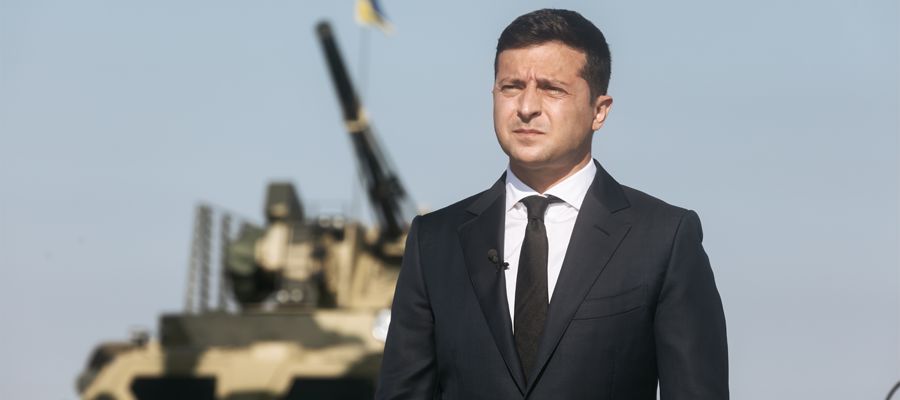A period of stagflation is now a real outcome.
- Monday, May 16, 2022
 The war in Ukraine and the associated sanctions placed upon Russian institutions, companies and individuals is increasing the risk of a greater shock in commodities and supply chains. This adds to the case for longer term high inflation and slower growth. A period of stagflation is now a real outcome as growth is hampered by a squeeze on consumers disposable income.
The war in Ukraine and the associated sanctions placed upon Russian institutions, companies and individuals is increasing the risk of a greater shock in commodities and supply chains. This adds to the case for longer term high inflation and slower growth. A period of stagflation is now a real outcome as growth is hampered by a squeeze on consumers disposable income.
Some fund managers are therefore underweighting equity and credit with this outlook. The main reason is that central banks are focused on bringing inflation down and successfully achieving this will involve hiking interest rates to reduce demand which will impact company cashflows and profits. If, however the Fed relaxes its rate rising as inflation peaks because the cost-of-living rises have dampened demand, then markets could rebound.
We have underweighted European equities as Europe is at greatest risk of recession. The US markets are being hit now by the Fed rate rises but will be the first to bounce back once inflation is in decline so we have maintained our overweight USA position. The US has defensive qualities and we expect the US dollar to strengthen. We have also kept our holdings in Asia but reduced emerging markets and Japan. We have maintained our direct China holdings despite this year’s losses as we expect Beijing to commence a stimulus programme as soon as lockdown ends. Many of the constraints on China’s growth have been priced into falling asset values this year already.
China’s weakened PMI scores have led to a range of policy reactions including interest rate cuts, a lifting of the coal mining restrictions so easing energy prices and a new stimulus package of infrastructure spending. Despite monetary easing, Chinese mortgage demand remains weak as the property sector is not being targeted.
The Fed is likely to front load the interest rate hikes through the summer but any scare over growth could result in a reduction in the expected rate rises. Many fund managers now expect 4-5 hikes not 7.
The ECB are in a very different position to the Fed. The Ukraine war has hit growth and even with inflation in the eurozone averaging 7.5%, we do not expect any rate rises in the eurozone this year.

Chris Davies
Chartered Financial AdviserChris is a Chartered Independent Financial Adviser and leads the investment team.
About Estate Capital
Financial Services
Our Contacts
7 Uplands Crescent,
Swansea, South Wales,
SA2 0PA.
Tel: 01792 477763
